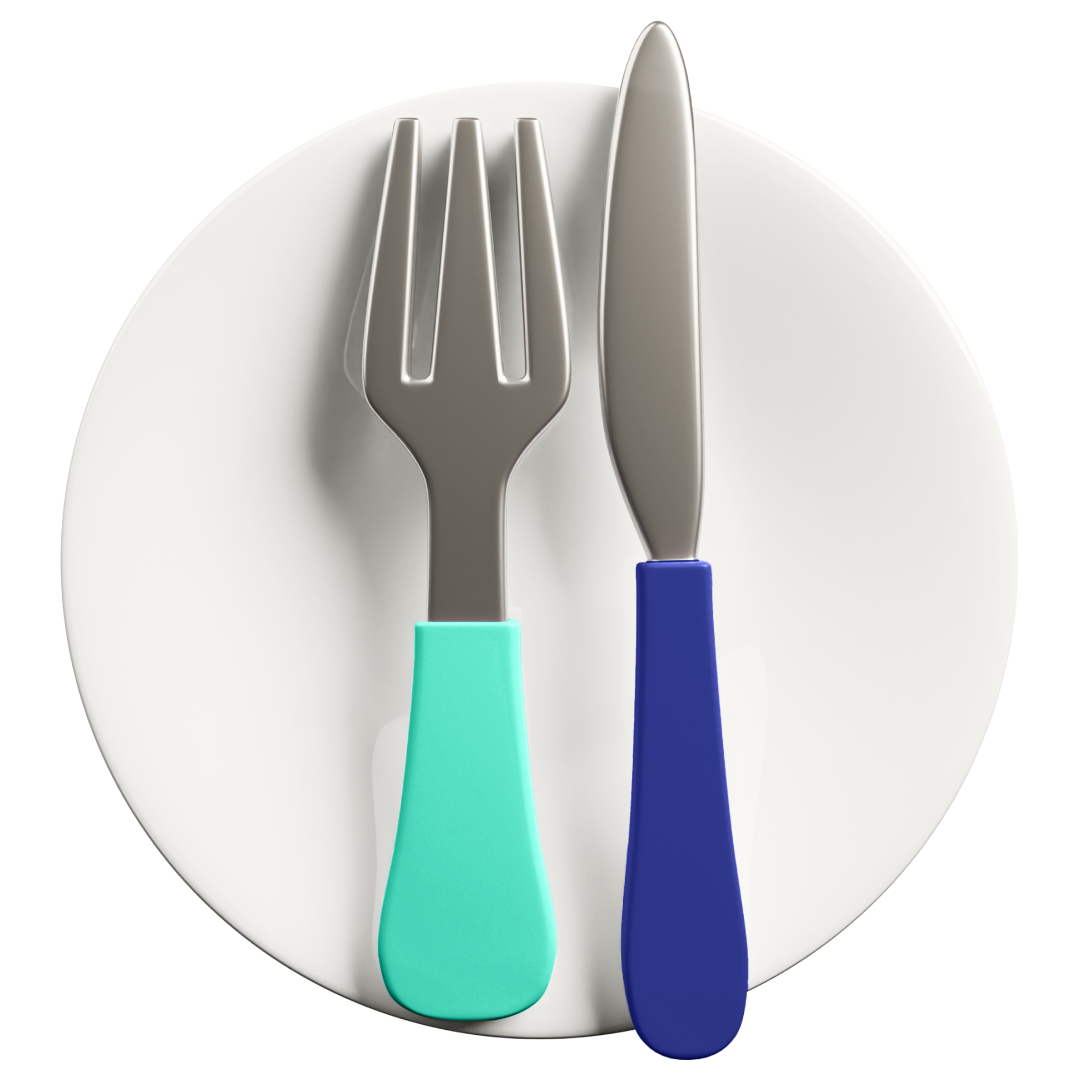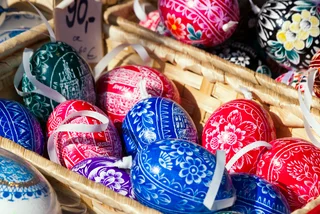Prague has launched a pilot project to collect kitchen waste, or bio-waste of animal and plant origin, from households. Currently, biodegradable waste makes up a significant part of mixed municipal waste, making it significantly more difficult for energy recovery. Much of the city’s waste is incinerated at Malešice, where it is turned into electricity and heat.
The
food waste could in the future be used to make biogas to power city
vehicles and what is left over can be used as fertilizer.
The
city is preparing to introduce city-wide sorting of gastro-waste,
which can be converted into biogas in biogas stations, and the
residual product can be used as fertilizer. The project builds on the
conclusions of the circular economy working group, which is part of
Prague City Hall’s Committee on Sustainable Energy and Climate.
“The
amount of waste generated in Prague is growing every year. We must
therefore look at waste through the optics of the circular economy
and learn to perceive it as a source of raw materials or energy,”
Deputy Mayor Petr Hlubuček.(United Force for Prague), responsible
for the environment, said on the City Hall website.
“In
this project, we are testing the collection of kitchen waste from
Praguers and we would like to produce biogas from it, which in the
future may be used to power Prague service vehicles or buses of the
Public Public Transport Company,” he added.
The
pilot project, which will last for a year, will involve approximately
100 properties in Prague 5, 6 and 7. These will be given special 120
liter waste containers. After its evaluation, this service will be
gradually extended throughout the entire Prague area.
For
hygienic reasons, the lid of the gastro-waste container will be
provided with a rubber trim and latch and each container will be
washed once a month by the collection company. Gastro-waste
collection will take place once a week.
The
gastro-waste containers are labeled with information stickers telling
people what can be thrown in and what cannot. People can throw food,
fruit, vegetables, meat, bones, animal fat, confections, leather,
dairy products, bread, greasy paper towels, tea or coffee into these
trash bins.
Expired
food can also be thrown into it, even in its original packaging, as
the biogas plant has technology that can handle the original
packaging. Examples of acceptable packaged expired foods are milk in
tetrapak, cucumbers in a glass, canned fish, bread in a paper bag, or
yogurt in a plastic cup.
On
the other hand, gastro-waste containers do not accept soil, stones,
wood, branches, stumps, plastics, glass, metals and hazardous waste.
The
collected material will go to a biogas station, where it will be
weighed, monitored and crushed at the input.
Waste
with higher water content is suitable for conversion to biogas. These
wastes are not suitable for direct incineration to create energy
because they reduce the energy output of the waste. This is one of
the reasons it is important to separate and treat biowaste in another
way.
The
collection of gastro-waste is another step toward Prague fulfilling
its vision of a functioning circular economy. This is part of the
climate commitment that the Prague City Council approved in June this
year.
Prague
also since 2018 has has a program to support composting biodegradable
waste, with approximately 1,750 containers available for people to
acquire from the city and use.
Since
2004, the city has collected garden waste in brown containers, but a
small amount of impurities such as a single rechargeable battery can
contaminate up to 30 tons of compost. About 13,500 households use
brown garden waste containers.
A leaflet, in Czech, explaining the new pilot program can be seen here.












 Reading time: 3 minutes
Reading time: 3 minutes 


























